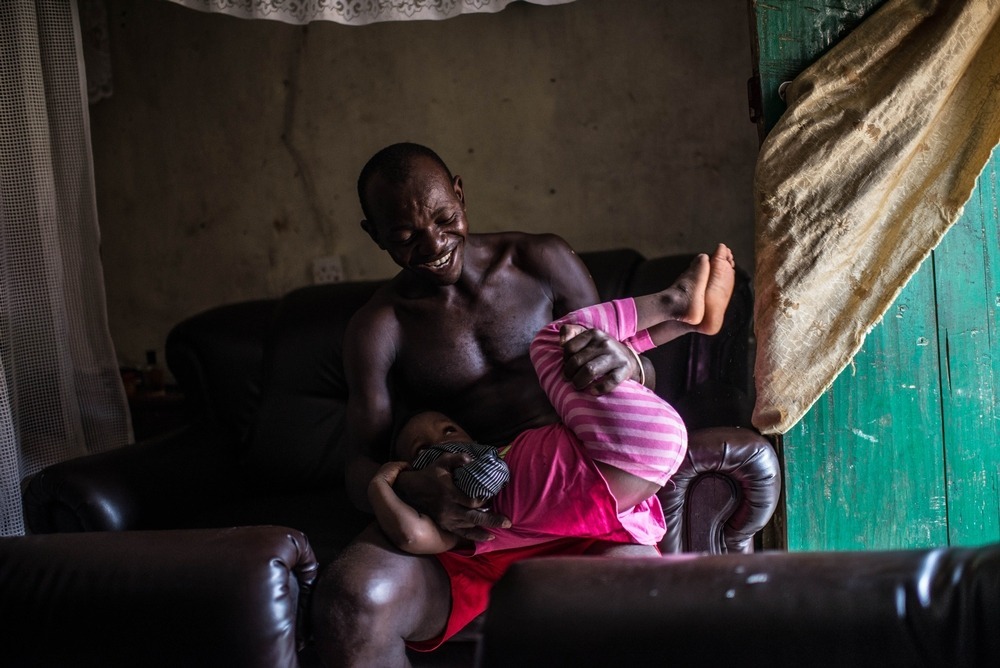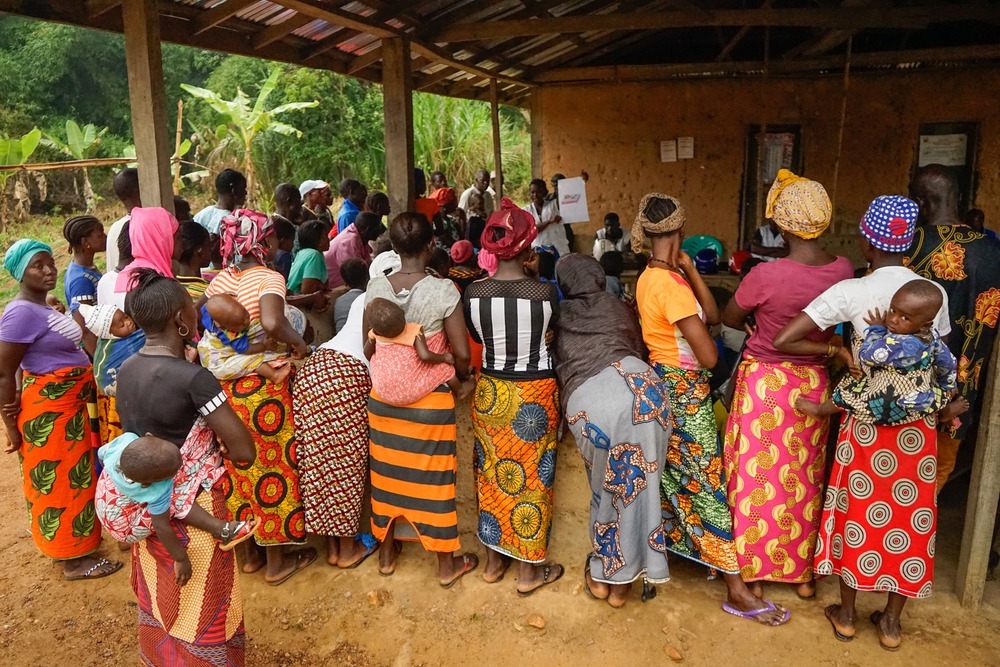MSF has been supporting Sierra Leone’s Ministry of Health and Sanitation with its COVID-19 preparedness and response plan since February 2020. As a partner at the Emergency Operation Centre, MSF continues to provide advice for case management and surveillance.
We have assisted in setting up isolation wards and have donated medical equipment, medicines and cleaning materials to a number of healthcare facilities. As the main hospital designated for COVID-19 cases is currently full, we are providing technical guidance in setting up alternative venues to treat asymptomatic or mild cases.
In Tonkolili, where Sierra Leone’s first confirmed case originated, we are assisting with contact tracing and follow- up for all contacts, referring additional cases, and ensuring isolation preparedness.
In the capital Freetown, an MSF epidemiologist is assisting with surveillance activities including contact tracing, staff training, and advising on data collection strategies. Meanwhile our water and sanitation and construction specialists have begun work on repurposing a government facility into a 120-bed COVID-19 treatment centre.
In southern Kenema District, MSF has completed its assessment at Kenema Government Hospital in preparation for opening a COVID-19 treatment centre. We have also donated handwashing stations to 42 villages in the area after meeting with community representatives.
Our projects in Kenema, Gorama Mende, and Wandor are providing regular donations of infection prevention and control supplies to health facilities as part of their standard operations. Health promotion activities are continuing and are now following physical distancing regulations and focusing on COVID-19. Health messages have been sent out via newspapers and radio stations, including a health promotion song recorded by an MSF clinical health officer.
In the northern regions, MSF has set up isolation wards in Makeni Regional Hospital, Magburaka Hospital, and Hinistas Community Health Centre, Tonkolili.


